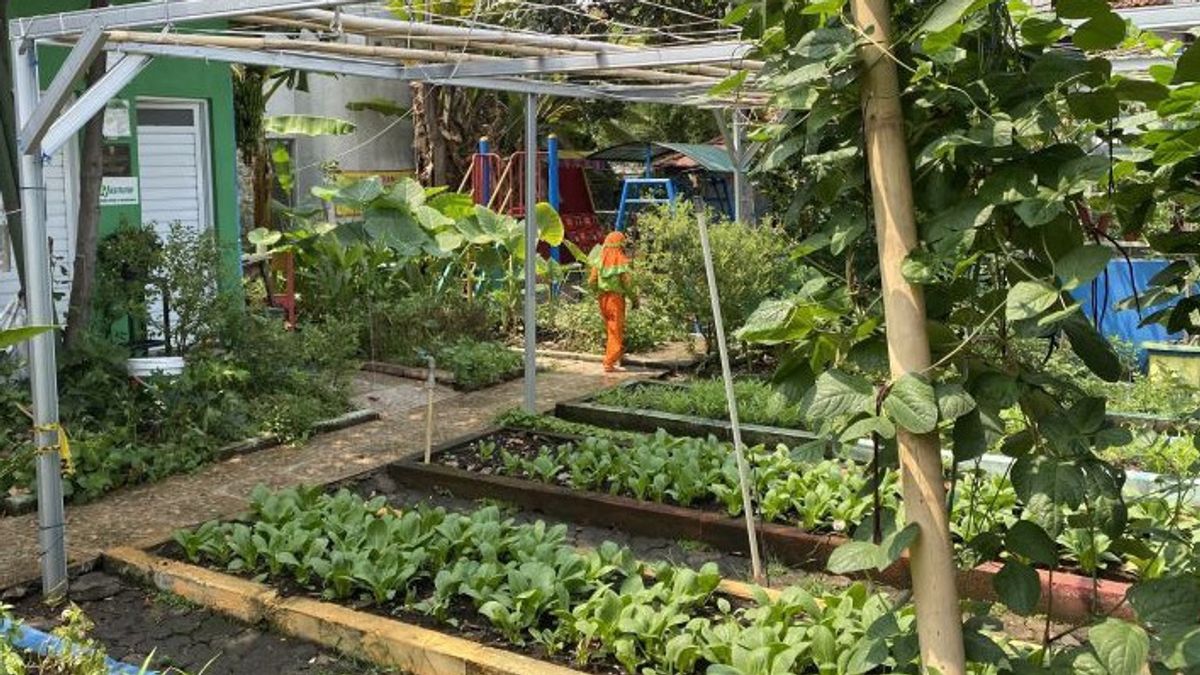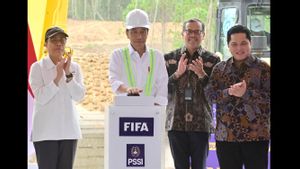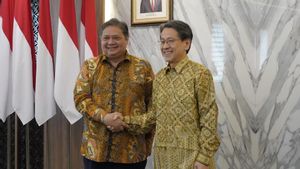JAKARTA - The Bandung City Government (Pemkot) has asked all regional elements to develop the Kang Empos waste processing system (karung, bucket and compost) as an effort to reduce the volume of waste dumped into the Sarimukti TPA so that the city's waste emergency period can be resolved immediately.
"We invite to change the mind of this trash. Garbage is not collected, transported and disposed of. But collected, sorted and processed. So it becomes important for collaboration from all parties," said Head of the Bandung City Environment and Hygiene Service (DLHK), Dudy Prayudi in Bandung, quoted from Antara, Sunday, November 26.
Dudy said that his party had prepared a budget in each region to make waste processing methods using a simple model, namely Kang Empos (carung, bucket and compost).
"During this emergency period, the Bandung City Government went through a budget in the kelurahan, preparing 20 percent in each kelurahan to prepare infrastructure in the form of Kang Empos," he said.
He hopes that this processing system can solve waste problems, especially organic waste that can be completed at the household level.
"The organic waste problem, this waste is the largest composition. Maybe 50-60 percent of waste is organic waste. Therefore, in this emergency government program, how can we process waste in stages or on a length scale," he said.
Furthermore, he said organic waste should not be transported to the Sarimukti TPA, West Bandung Regency, which is currently not operating normally so that the volume of waste in the city of Bandung does not become more mounting.
"How in this emergency period is a momentum for us to change our thinking. We must have a strategy to solve waste from the source," said Dudy.
In addition, he said, to support the completion of waste at the regional level, the city government has also rolled out a labor-intensive program for organic waste processing and as many as 604 people were recruited to become volunteers who were distributed to 151 urban villages in Bandung City.
اقرأ أيضا:
"Later on for organic waste in the village, you don't have to throw it into temporary disposal sites (TPS). But it's processed and it's just a matter of people sorting out waste and processing it by waste processors," he said.
With the presence of volunteers, said Dudy, it is hoped that it can encourage the community to be able to sort and manage their waste independently starting from the source.
"In the city of Bandung, there are 272 RWs, so this is a waste-free area (KBS). This is what we want to replicate to all RWs in the city of Bandung. Youths who care about the environment must act as a preventive step," he said.
The English, Chinese, Japanese, Arabic, and French versions are automatically generated by the AI. So there may still be inaccuracies in translating, please always see Indonesian as our main language. (system supported by DigitalSiber.id)










